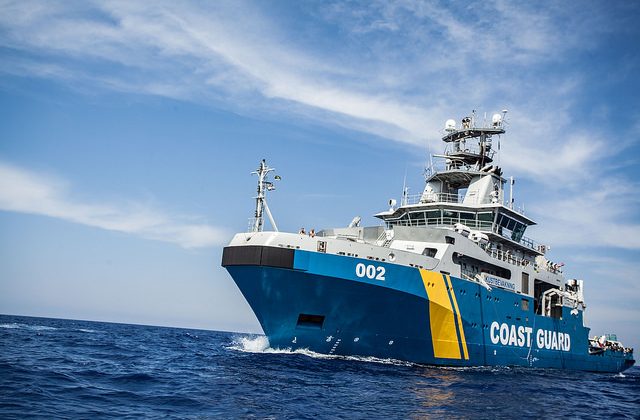By Daniel Fielden, November 19th

Recently there has been significant news surrounding the idea of a European Army, largely because of German Chancellor Angela Merkel referencing the idea for the first time on November 13, though others have referred to it before. To say that the idea of a European army is controversial would be a gross understatement, yet this is not a new idea, and the underpinnings of such an organization have steadily progressed over time. The progress of the Common Security and Defense Policy (CSDP) of the European Union and the increased focus on security issues at a supranational level have continued to foster growth of collective security apparatus, such as Permanent Structure Cooperation which was authorized by the treaty of Lisbon in 2009, but only implemented in 2017. While it would be inaccurate to claim that further CSDP cooperation or increased integration of defense forces will lead to the creation of a European Army, it must be noted that these concepts were resisted in the past for many of the reasons cited in resistance of a European Army.
In the current environment, a better test case for the potential future of a European Army may be found in the European Border and Coast Guard Agency (Frontex). Frontex is the agency tasked with management of the European Union’s external borders.
The modern Frontex was created in September 2016 out of a substantive reorganization and enhancement of the European Agency for the Management of Operational Cooperation at the External Borders, established in 2005, after it was incapable of effectively managing the migrant crisis that Europe faced in 2015.
The old Frontex served as a coordinating, training, and analytical organization, which was largely. In 2015 when the migrant crisis struck Europe, the agency was largely ineffective in managing the situation and it failed largely due to the fact that it was reliant on national entities for operational implementation of border protection measures. In response, the European community chose to enact substantive changes. These changes were approved rapidly and in September 2016, the new Frontex would be born.
On September 12, the European Commission President Jean-Claude Juncker called for the growth of Frontex to 10,000 border guards by 2020, with some other enhancements, in his 2018 State of the Union. One week later, European Council President Donald Tusk stated that the Council had agreed on the need for furthering Frontex’s size, scope and authority during the informal Salzburg summit of the European Council. Tusk recognized that issues surrounding sovereignty will need to be managed as some of the proposed changes increase Frontex’s direct supranational operational authority. It is remarkable that such proposals have not only been made, but seemingly endorsed by the powerful actors within the European Union.
The proposed changes to the agency will serve as a test case of a supranational operational entity within the European Union. Other supranational entities, such as Europol and the European Defence Agency, have never possessed the level of authority currently being considered for Frontex. This has been met with mixed opinions: some countries are in favor of a supranational law enforcement agency managing the external borders and some fear for the effect it can have on sovereign power.
The issues facing the Frontex expansion are comparable to those that would face the creation of a European Army. It is necessary to remember that the current proposals for Frontex would likely have been rejected as vehemently as the European Army proposals before the migrant crisis in 2015. If the new authorities are passed, it will lay the ground for future supranational operational entities. While no comparable entity is expected to follow, it does set the stage for the question of whether a European Army could be in Europe’s future.
Daniel Fielden is student fellow at CSPS and a graduate student in the International Security Program at the Schar School of Policy and Government. He is a firefighter and focuses on homeland security issues, specifically terrorism and CBRNE, as they relate to first responders (fire, EMS, and law enforcement).
Disclaimer
The articles and other content which appear on the Center for Security Policy Studies website and social media posts are unofficial expressions of opinion. The views expressed are those of the authors and do not reflect the positions of the Schar School of Policy and Government or of George Mason University.
The Center for Security Policy Studies does not screen articles to fit a particular editorial agenda, nor endorse or advocate material that is published. The Center for Security Policy Studies merely provides a forum for scholars and professionals to share perspectives and cultivate ideas. Comments on any digital outlet of the Center for Security Policy Studies will be moderated to ensure logical, professional, and courteous application of intellectual content.




